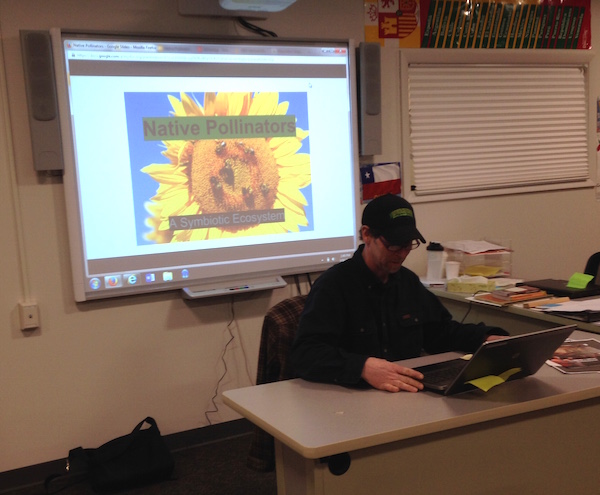Reference question of the day was about finding public domain images. Everyone’s got their go-tos. If I am looking for illustrations or old photos specifically I’ll often use other people’s searches on top of the Internet Archive’s content. Here’s a little how to.
1. Check the Internet Archive Book Images feed on Flickr. What I often do is search (which finds the words that surround the images) and then click straight through to the book (which is always linked in the metadata) and then fish around. For example…
- Search for cricket
https://www.flickr.com/search/?user_id=126377022%40N07&view_all=1&text=cricket - “Oh this photo is interesting”
https://www.flickr.com/photos/internetarchivebookimages/14598293148/ - “Here are all the photos from that book”
https://www.flickr.com/photos/internetarchivebookimages/tags/bookidwgcricketingremi00grac - Book is readable here
https://archive.org/stream/wgcricketingremi00grac/wgcricketingremi00grac#page/n253/mode/1up - Internet Archive page is here
https://archive.org/details/wgcricketingremi00grac - I’m more used to the Open Library interface which is a different front end on the same content for the most part, it’s here.
https://openlibrary.org/books/OL22896607M/W.G._cricketing_reminiscences_and_personal_recollections. - More by Internet Archive on cricket or Open Library on cricket
https://archive.org/search.php?query=subject%3A%22Cricket%22
https://openlibrary.org/subjects/cricket
extremal-board
The trick, I’ve found, is to try to get as close to 1923 as possible because you’re likely to have the best illustrations and still be out of copyright. Older books don’t have good illustrations because the technology was not there yet. Enjoy!


 .
.